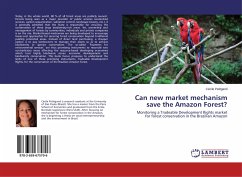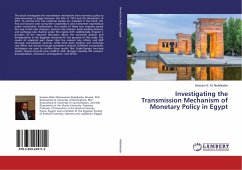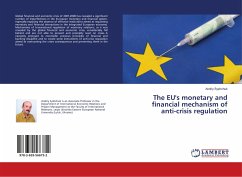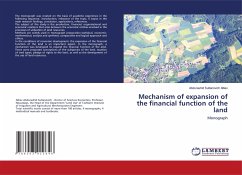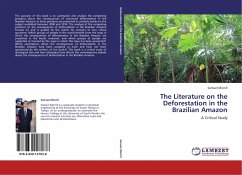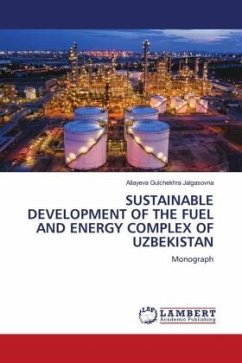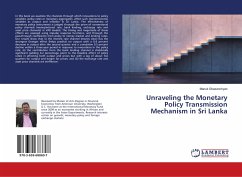Today, in the whole world, 80 % of all forest areas are publicly owned. Forests being seen as a major provider of public services (watershed services, carbon sequestration, salination control, landscape beauty, etc.), it is generally admitted that the State is responsible for ensuring the conservation of these large biodiversity-rich areas. Yet, ownership and management of forests by communities, individuals and private companies is on the rise. Market-based mechanism are being developed to encourage lower-cost approaches for securing forest conservation beyond traditional publicly protected areas. Instead of direct land purchasing, a cheaper option is to pay landowners to manage their assets so as to achieve biodiversity or species conservation. The so-called Payments for environmental services are thus promising instruments to reconcile two contradictory issues affecting the resource-based developing economies which host highly biodiverse zones: economic developement and biodiversity conservation. This book hence proposes to understand the limits of one of these promising instruments, Tradeable Development Rights, for the conservation of the Brazilian Amazon forest.
Bitte wählen Sie Ihr Anliegen aus.
Rechnungen
Retourenschein anfordern
Bestellstatus
Storno

